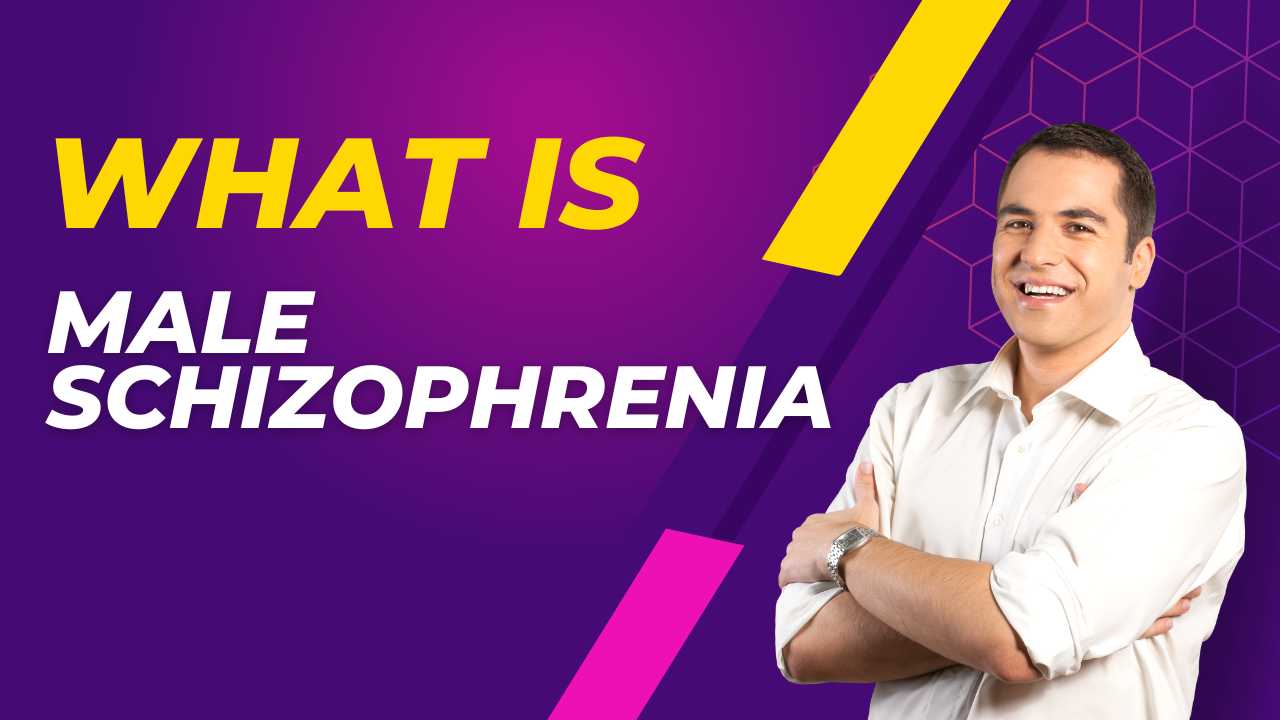What is male schizophrenia? Symptoms, Causes, and Treatment
Introduction: Schizophrenia is a serious mental disorder that affects both men and women. However, studies have shown that men are more likely to develop schizophrenia than women. In this article, we will explore male schizophrenia, its symptoms, causes, and treatment options.
What is Male Schizophrenia?
Schizophrenia is a chronic mental disorder that affects how a person thinks, feels, and behaves. Male schizophrenia is the same as the female form of the disorder, but it occurs more frequently in men. Men typically develop schizophrenia earlier than women, with symptoms appearing in late adolescence or early adulthood.
Symptoms of Male Schizophrenia:
The symptoms of male schizophrenia can vary from person to person, but some of the most common ones include hallucinations, delusions, disorganized thinking and speech, lack of motivation and emotions, and social withdrawal. In some cases, men with schizophrenia may also experience depression, anxiety, and substance abuse.
Causes of Male Schizophrenia:
The exact causes of male schizophrenia are not fully understood, but it is believed to be a combination of genetic, environmental, and neurological factors. Studies have shown that men with a family history of schizophrenia are more likely to develop the disorder. Other factors that may increase the risk of schizophrenia in men include prenatal exposure to infections or toxins, childhood trauma, and drug use.
Treatment for Male Schizophrenia:
Male schizophrenia is a treatable condition, and early intervention is essential for improving outcomes. Treatment typically involves a combination of medication and therapy. Antipsychotic medications can help manage the symptoms of schizophrenia, while therapy can help individuals learn coping skills, improve social functioning, and manage their emotions.
Conclusion:
In conclusion, male schizophrenia is a serious mental disorder that affects a significant portion of the male population. Men with schizophrenia may experience a range of symptoms, including hallucinations, delusions, and social withdrawal. While the exact causes of male schizophrenia are not fully understood, early intervention and treatment can help manage the symptoms and improve outcomes. If you or someone you know is experiencing symptoms of schizophrenia, it is important to seek professional help.






